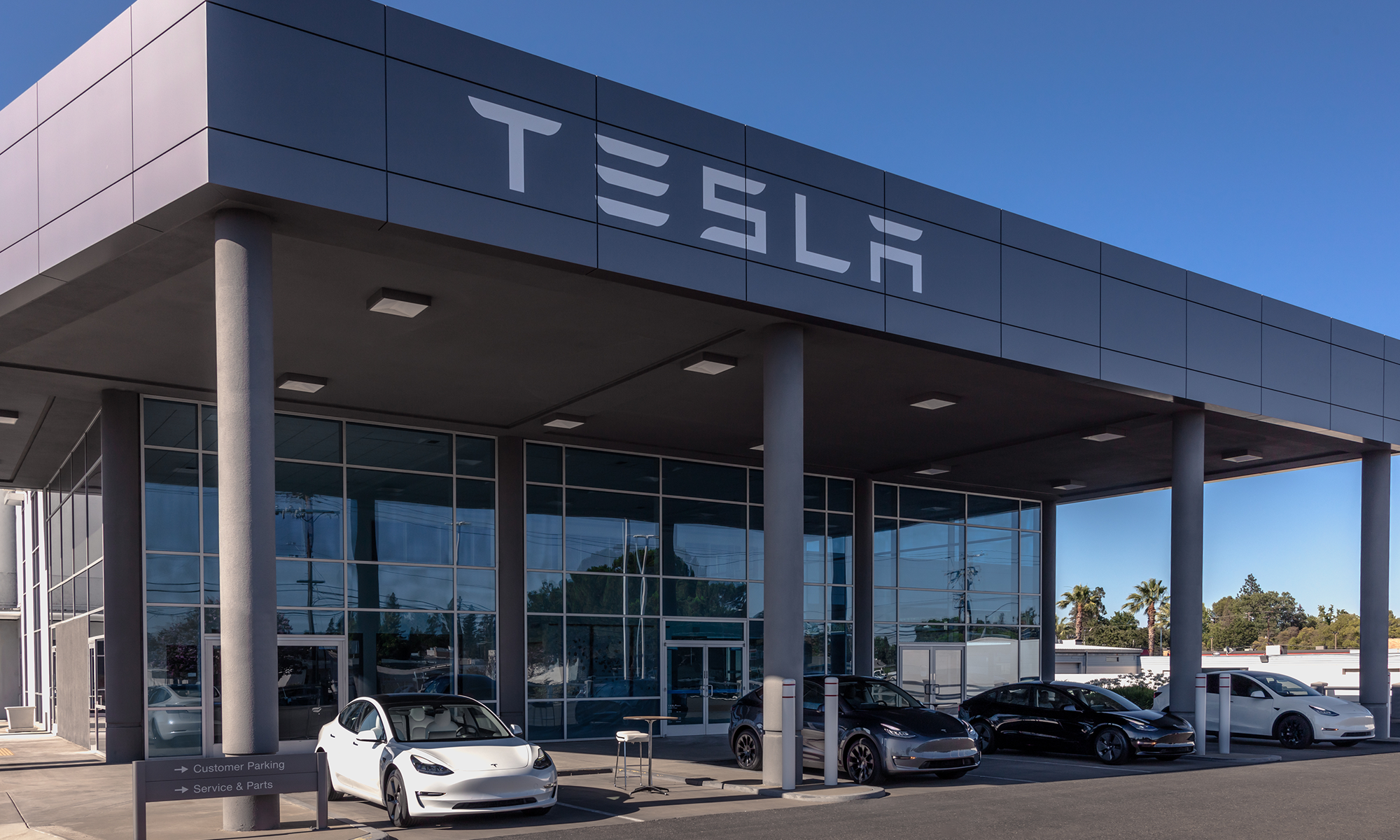If you held nearly $11 billion worth of stock in a company that you run, wouldn't that be sufficient incentive to do a good job?
That's the key question revolving around Tesla's (TSLA 0.16%) proposed compensation package for CEO Elon Musk, which was announced in January and is up for a shareholder vote on March 21. The package would grant Musk options representing approximately 20.3 million shares, which were valued at about $2.6 billion when announced, if Musk is able to hit all of the necessary market cap and operational milestones.

Elon Musk. Image source: Tesla.
That would include Tesla's market cap reaching $650 billion, compared to its current market cap of $55 billion, which would also exponentially increase the value of those options.
All against, say nay
The largest proxy advisory firm, Institutional Shareholder Services (ISS), has now come out and formally recommended against the proposed package. The news comes just days after smaller rival Glass Lewis similarly voiced opposition to the package, meaning the two largest proxy advisory firms are telling their clients to vote against it. ISS has approximately 1,900 institutional investor clients, while Glass Lewis has around 1,200.
Those recommendations are merely that, and institutional investors are still free to vote however they choose. The firms had different recommendations for Tesla's controversial acquisition of SolarCity in 2016, with Glass Lewis opposing the deal and ISS supporting it. That deal ultimately passed with 85% of votes in favor.
ISS says the proposed compensation package "locks in unprecedented high pay opportunities for the next decade, and seemingly limits the board's ability to meaningfully adjust future pay levels in the event of unforeseen events or changes in either performance or strategic focus."
Institutions have disproportionate sway
Corporate votes tend to be dominated by institutional shareholders, with retail shareholders often sitting on the sidelines. For example, only 29% of retail investors cast their votes in the 2017 proxy season, according to a study by Broadridge Financial Solutions and PricewaterhouseCoopers. That's why ISS and Glass Lewis are so prominent and influential, as 91% of institutional investors (who also hold more shares collectively) cast votes, according to the same study.
Two of Tesla's largest institutional investors, Baillie Gifford and T. Rowe Price, have expressed support for the plan. Those two investors hold an estimated 14% stake combined. Earlier this week, Baillie Gifford partner and fund manager Tom Slater told Bloomberg, "Elon Musk -- his drive and his vision -- has been a really important part of getting us to this point. Tesla still needs that drive and that vision to push the business."
The majority of Tesla's investor base is captivated by Musk, often blindly trusting his judgment, for better or for worse. While the visionary CEO has delivered incredible gains since the company went public in 2010, Musk's current holdings of 33.6 million shares should be sufficient motivation to continue doing his job. For what it's worth, my wife has voted against the proposed package, as most of our shares are held in her account.
Given institutional support, it seems unlikely that shareholders will vote down the package, but the results should be announced later this month.






